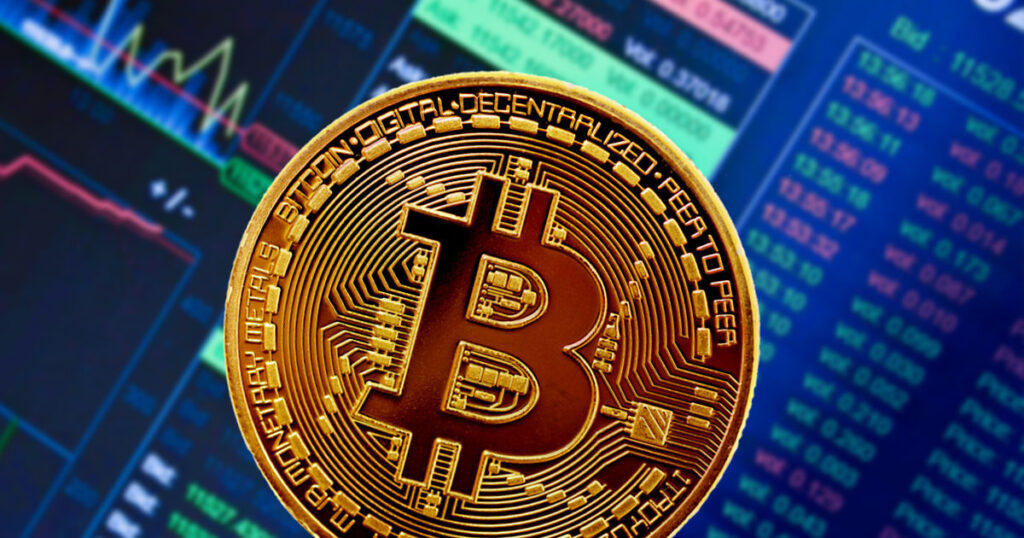Cryptocurrency Regulation: A Global Update on What’s Changing and What’s Not
The world of cryptocurrency has been grappling with regulatory issues for years, with many countries still deciding how to handle the decentralized and decentralized nature of digital currencies. As the industry continues to evolve, regulatory frameworks are shifting and adapting to keep pace. In this article, we’ll delve into the global updates on what’s changing and what’s not in the world of cryptocurrency regulation.
What’s Changing:
Increased Recognition
In the past year, several countries have recognized the importance of cryptocurrencies and are taking steps to regulate the space. For example:
- El Salvador: The world’s first country to adopt Bitcoin as legal tender, El Salvador has cleared a bill to make cryptocurrency legal, with important implications for the global economy.
- Ecuador: The country has also announced plans to launch its own cryptocurrency, dubbed "Dollar-Protected and Diversified Currency" (EcuadorCoin).
- Singapore: The Monetary Authority of Singapore (MAS) has announced plans to regulate Initial Coin Offerings (ICOs) and has set up a regulatory framework for digital banking.
More Severe Crackdowns
Some countries are strengthening their stance on crypto regulation, with increased emphasis on anti-money laundering (AML) and know-your-customer (KYC) measures:
- China: The People’s Bank of China has implemented stricter regulations on cryptocurrencies, limiting trading and mining activities.
- India: The Reserve Bank of India (RBI) has issued a circular banning commercial banks from dealing with cryptocurrencies, while some crypto exchanges have been forced to shut down.
- South Korea: The Financial Services Commission (FSC) has imposed strict regulations on cryptocurrency trading, including a ban on anonymous trading and the requirement for real-name accounts.
Increased Global Cooperation
As the global economy continues to evolve, countries are recognizing the importance of cooperation in regulating cryptocurrencies:
- G7: The Group of Seven (G7) has agreed to work together to establish global standards for crypto regulation, with the aim of preventing money laundering and terrorist financing.
- The Basel Committee on Banking Supervision (BCBS): The BCBS has published guidelines on the assessment of the systemic risk of cryptocurrencies, urging banks to be cautious when dealing with these digital assets.
What’s Not Changing:
Limited International Consensus
Despite efforts towards globalization, regulatory frameworks still vary significantly between countries, reflecting distinct legal, cultural, and economic contexts:
- Different definitions: Countries have distinct definitions of what constitutes a "cryptocurrency" or a "token," which can lead to confusion and administrative hurdles.
- Distrust: Many countries remain wary of cryptocurrency, owing to concerns over its anonymity, volatility, and perceived connections to illegal activities.
Challenges Ahead
Enforcement and Interpretation: Implementation and enforcement of regulations may face challenges, as countries struggle to interpret the nuances of blockchain technology and the ever-evolving nature of cryptocurrencies.
- Precedent Setting: As cases are brought to court, regulatory bodies will need to establish guidelines, creating important precedents for the industry.
- Global Consistency: Achieving consistent regulations globally may prove challenging, given differing priorities and values among nations.
In conclusion, as the world of cryptocurrency regulation continues to shift, it is crucial for countries to collaborate and adopt consistent standards. While there are significant challenges ahead, the increasing recognition of cryptocurrencies and efforts towards global cooperation offer a glimmer of hope for a more regulated, yet innovative, future.

